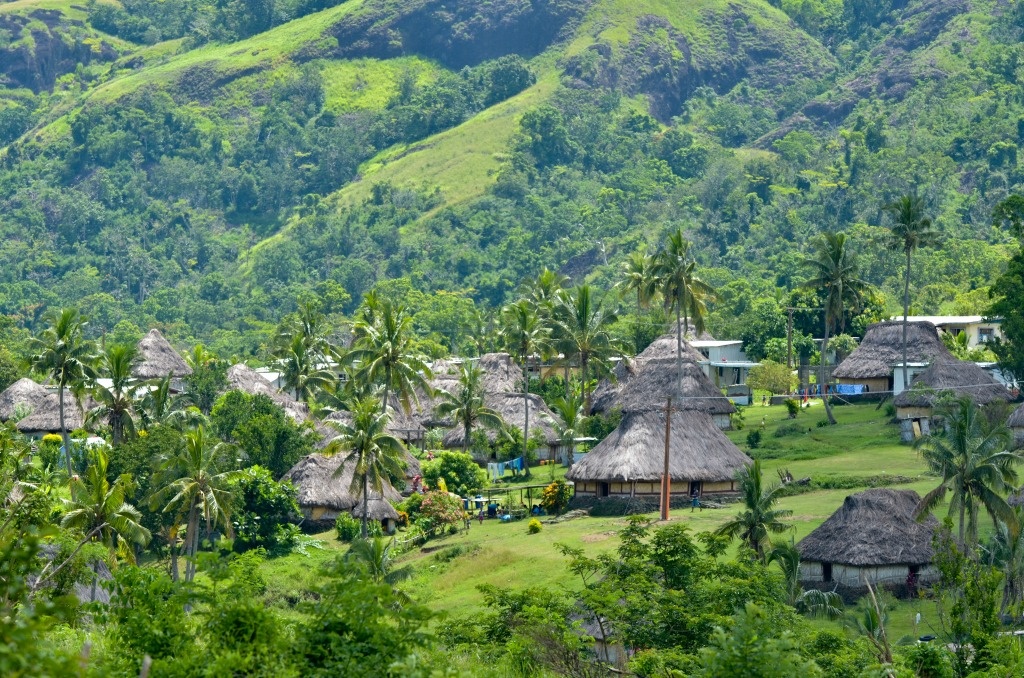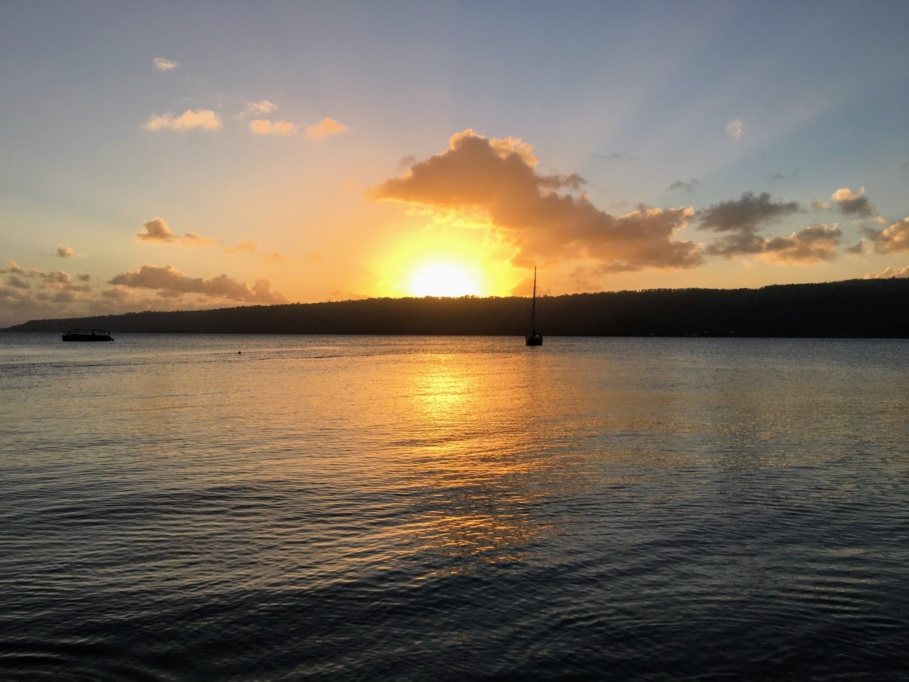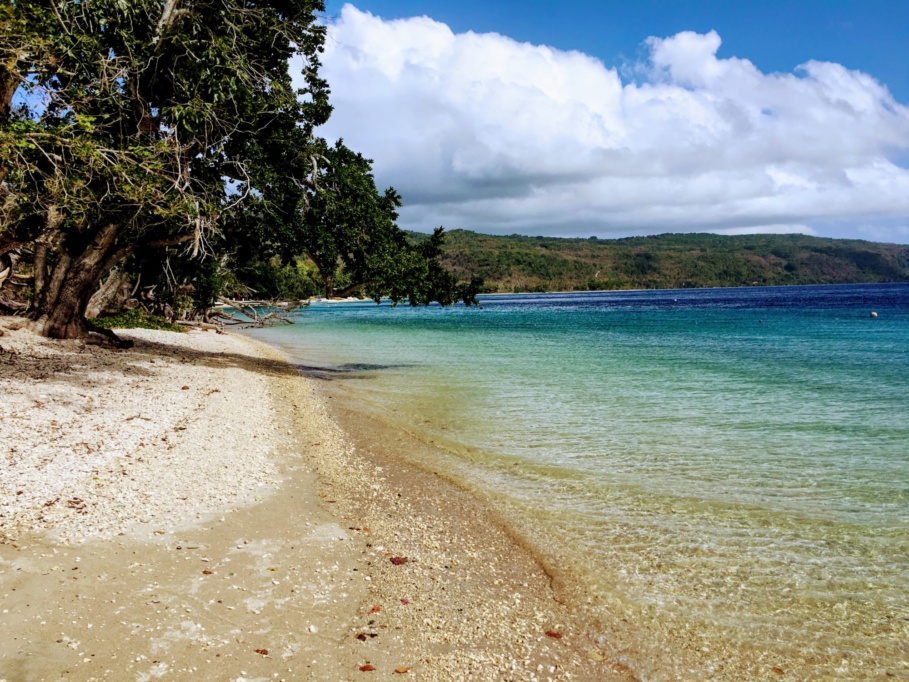Discovering
FIJI
Explore Fiji’s Fascinating History, Delicious Cuisine, and Rich Cultural Traditions: Discover How Indigenous Heritage, Colonial Influences, and Local Festivals Shape This South Pacific Paradise’s Unique Identity and Flavor.
Uncover Fiji’s Rich History, Flavorful Cuisine, and Vibrant Culture
Fiji, an idyllic archipelago in the South Pacific, is celebrated for its stunning landscapes, warm hospitality, and rich cultural heritage. Comprising over 300 islands, Fiji is a melting pot of history, tradition, and vibrant local cuisine.
Fiji’s history is a tapestry woven from various threads. The islands were first settled by Austronesian-speaking peoples around 3,500 years ago, who established thriving communities based on fishing, farming, and trade. European explorers began arriving in the 17th century, with Dutch navigator Abel Tasman among the first to record his visit. British colonization followed in the 19th century, and Fiji became a British colony in 1874. This colonial period profoundly influenced Fijian society, leading to the introduction of Indian laborers who played a crucial role in the sugarcane industry and left a lasting imprint on Fijian culture. Fiji gained independence from Britain in 1970, and today it stands as a vibrant, multicultural nation.
The Fijian culinary scene reflects the diverse influences that have shaped the islands. Traditional Fijian food is simple yet flavorful, often centered around root vegetables like taro and cassava. A staple of Fijian cuisine is “kokoda,” a dish similar to ceviche, made from fresh fish marinated in lime juice and mixed with coconut milk, tomatoes, and onions. The combination of tangy lime and creamy coconut creates a refreshing and distinctive taste. Another beloved dish is “lovo,” a traditional feast where meats and vegetables are wrapped in banana leaves and cooked in an underground oven called a “lovo pit.” The slow-cooking method infuses the food with a smoky flavor that is both unique and delicious.
Fijian culture is rich with traditions and ceremonies that play a central role in daily life. One of the most important cultural practices is the “kava ceremony,” a communal event where participants drink a beverage made from the kava root, known for its relaxing properties. This ceremony is often held to mark significant occasions, such as weddings or communal gatherings, and fosters social cohesion. Traditional Fijian dance and music, characterized by rhythmic drumming and vibrant costumes, also form a vital part of cultural celebrations. The “meke” dance, performed with energetic movements and storytelling, offers a glimpse into Fijian folklore and traditions.
The warmth and friendliness of the Fijian people, combined with their rich history, delicious food, and vibrant cultural practices, make Fiji a truly enchanting destination. From its historical roots to its culinary delights and lively traditions, Fiji offers a unique and memorable experience for those seeking to explore the essence of this South Pacific paradise.



